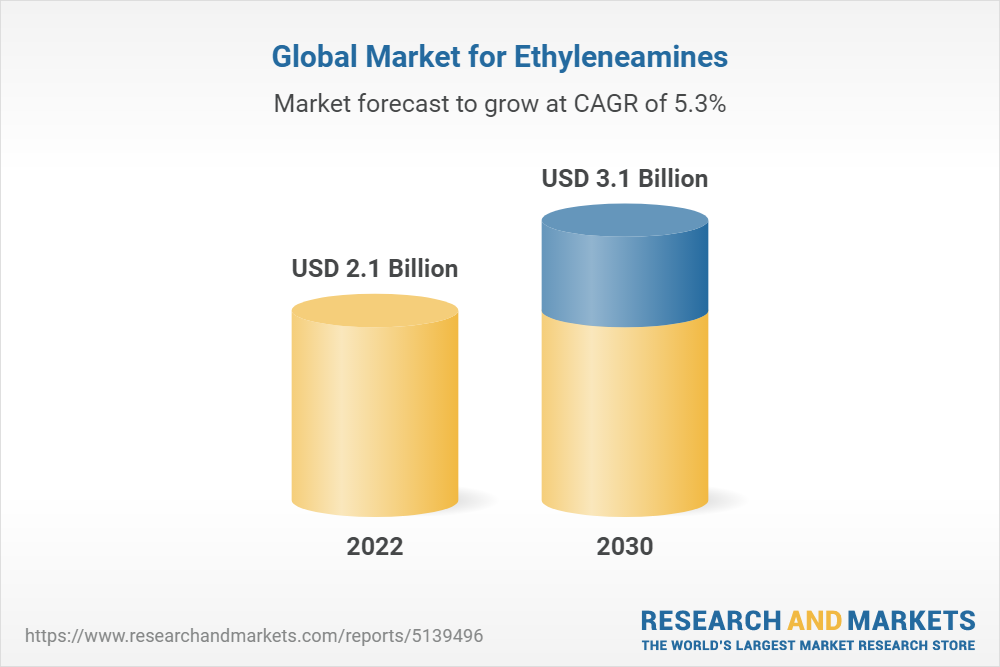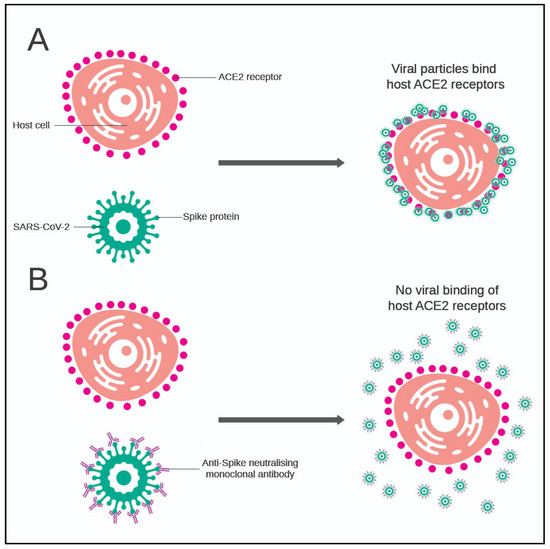In the vast realm of chemistry, analytical chemistry stands as a sentinel, guarding the secrets of substances and their interactions. It’s not just about understanding chemicals, but about precisely detecting, identifying, and quantifying them. This article delves into the sophisticated techniques used in this fascinating field.
The Essence of Analytical Chemistry
Analytical chemistry is the science of obtaining, processing, and communicating information about the composition and structure of matter. It’s the art of transforming a sample of material into knowledge about its composition.
Core Techniques in Analytical Chemistry
- Spectroscopy: At its heart, spectroscopy is about studying the interaction between light and matter. Techniques like UV-Visible spectroscopy, Infrared (IR) spectroscopy, and Nuclear Magnetic Resonance (NMR) spectroscopy provide insights into the structure and concentration of substances.
- Chromatography: This technique separates mixtures into individual components. High-Performance Liquid Chromatography (HPLC) and Gas Chromatography (GC) are popular methods. They provide both qualitative (what is present) and quantitative (how much is present) information.
- Mass Spectrometry: An advanced technique that identifies substances based on their mass-to-charge ratio. Often combined with chromatography, it’s incredibly powerful for detecting and quantifying compounds, even in minute amounts.
- Electrochemical Analysis: Techniques like potentiometry (measuring electric potential) and voltammetry (measuring current as a function of applied potential) offer information about the concentration and behavior of ions in solution.
Advancements and Modern Techniques
The realm of analytical chemistry isn’t static. With technological advancements:
- Microscopy: Techniques like Scanning Electron Microscopy (SEM) allow for visualization at the atomic level, aiding in the analysis of surface structures.
- Lab-on-a-Chip: Miniaturized devices that integrate several laboratory functions. They offer rapid analysis and require tiny sample volumes.
- Remote Sensing: Instruments that can detect and measure substances without direct contact. Useful in challenging environments like space or deep oceans.
The Role of Analytical Chemistry in Various Fields
- Medicine: Detecting and quantifying drugs in blood, identifying biomarkers for disease, or ensuring the quality of pharmaceutical products.
- Environmental Science: Monitoring pollutant levels, detecting contaminants in drinking water, or analyzing soil samples.
- Forensics: From toxicology reports to detecting trace evidence at crime scenes, analytical chemistry provides critical clues.
Conclusion
Analytical chemistry is the backbone of many scientific endeavors. Its techniques, both traditional and advanced, provide a window into the composition and behavior of substances. As technology and science march forward, so too will the tools and techniques of analytical chemistry, continuing its crucial role in unraveling the mysteries of matter.










